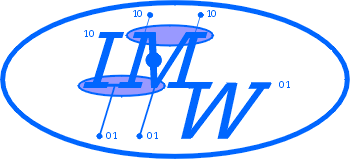INSTITUTE OF MATHEMATICAL ECONOMICS


Thorsten Bayindir-Upmann
Abstract
The implications of an ecological tax reform are not yet well
investigated when firms do not behave competitively and the
provision level of public services is not exogenously fixed.
To fill this gap, we present a model encompassing a monopolistic
firm and endogenous provision of public services:
At some initial state the firm faces only a capital tax, but a
proposed tax reform calls for the imposition of a second tax --
an emission tax. We derive the optimal (second-best) tax formulae
of the initial and the reformed tax system, providing some
insight into those variables that determine governmental behavior:
Under the initial tax system, the tax rate on capital decreases
as the government puts more weight to ecological problems, whereas
the reformed capital tax is independent of the environmental damage.
Since we deal with a drastic rather than with a marginal tax reform,
a comparison of the initial and the reformed tax rates is difficult.
Yet, numerical calculations suggest
that the government does not only establish a positive emission tax
but also increases the tax rate on capital, implying that both tax
rates, public revenue, and the environmental quality are initially
too low. Moreover, although profit and consumer surplus fall, the
ecological tax reform implies significant,
and possibly huge, welfare gains, which are accompanied by substantial
improvements of the environmental quality. Hence, this paper rather
rejects than supports the occurrence of a `double dividend'; yet, it
shows that the existence of real costs of an ecological tax reform
may not be abused as an argument to hinder its enforcement.
Keywords: ecological tax reform, pollutant emissions, monopoly taxation, second-best analysis, optimal taxation

| TUpmann@wiwi.uni-bielefeld.de | ||||
| List of IMW Working Papers | Members of the IMW | |||
|
Last Update: Friday, 29-May-98 12:50:36 METDST©
Michael Borgelt Sending to: 134.76.163.122, Index:3 |